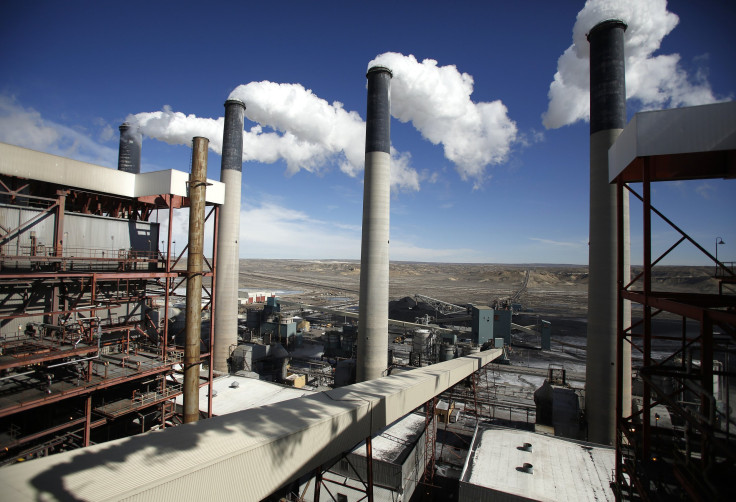Climate Change Threatens Power Supply To Western US, Study Says

Droughts and high temperatures caused by climate change could severely limit the electricity generating capacity of power plants in the western United States unless they switch to renewable sources like wind and solar energy, according to the findings of a new study by researchers at Arizona State University (ASU). The study comes at a time when the coastal state of California is entering the fourth year of a record-breaking drought.
“At present, power providers do not account for climate impacts in their development plans, meaning that they could be overestimating their ability to meet future electricity needs,” the authors of the study, published in the journal Nature Climate Change, warned.
Based on simulations covering 978 power stations in 14 states, the researchers found that over the next 50 years, 46 percent of these stations would be “vulnerable” to the effects of climate change and face a reduction of anything between 1.1 percent and 3 percent in their average summertime power-generating capacity. A 10-year drought scenario, it was found, would reduce their energy-producing capacity by as much as 8.8 percent.
“A capacity reduction of a few percentage points could mean the difference between meeting demand and having to buy electricity from a neighboring power provider,” Matthew Bartos, a co-author of the study, told the Verge.
Approximately 90 percent of the electricity produced in the U.S. is through thermoelectric power plants, which require huge quantities of freshwater for cooling. According to an estimate by the U.S. Geological Survey, in 2010, over 160,000 million gallons of water was used every day by these plants -- accounting for 45 percent of total water withdrawals in the country.
So, when water temperatures rise as a result of climate change, or when freshwater supply is reduced, these power stations cannot operate at full capacity. The study also found that while renewable sources of electricity generation -- including solar photovoltaic cells and wind turbines -- would be adversely affected by climate change, they would be much more resilient to such change.
“Often when we think about the effects of hotter temperatures on electricity provision we focus on the demand side as people consume more electricity for air conditioning,” Mikhail V. Chester, a professor of engineering at ASU and a co-author of the study, told Climate Central. “Our results show that climate change can be expected to impact the electricity supply side as well ultimately raising questions about our ability to meet this growing demand with the current mix.”
© Copyright IBTimes 2024. All rights reserved.






















